"The Composer Fridzeri, Drawing From Nature Around 1810"
Portrait of the composer Alexandre Fridzeri in black pencil and with a slight heightening of white at the collar.Under the drawing we read this tribute in handwritten letters:
"Secrets of his art, happy custodian,
Skillful composer, ingenious artist;
In the double talent of teaching and pleasing,
He had few rivals and many envious ".
The drawing is signed Vigneux lower right. It is in its wooden frame and gilded stucco.
Drawing diameter 15 cm
Frame 37x31 cm
"Totally forgotten today, Alexandre (Alessandro) Frixer, known as Fridzeri (1741-1819 or 1825 according to the sources), who became blind at the age of 11 months, nevertheless had an eventful and very Epicurean, if not libertine life; despite his infirmity, he was a brilliant performer on many instruments (particularly the violin and mandolin) and, although he did not benefit from any academic training, a renowned composer, as well as an imaginative inventor.
Let us see what Fétis says about it, which in his T. 3 devotes a rather long notice to it (p. 339):
FRIDZERI (ALEXANDRE - Marie - Antoine FRIXER, dit), violinist, composer and virtuoso on the mandolin, was born in Verona, January 16, 1741. Barely one year old, he lost his sight, which he did not have recovered since then. From his early years, he showed a taste for music; at eight, he was making small instruments that he used to show his aptitude for music. Five different masters taught him to play the violin, but all their lessons put together did not make up a course of study lasting more than eight or nine months. At the age of eleven, he made his first mandolin on which he alone acquired the rare talent which later distinguished him. He also learned alone since then to play the flute, viola d'amore, organ, horn and several other instruments. He never received lessons in harmony or counterpoint, and his compositions were written instinctively. Speaking of him in his old age, he said that at twenty he was a musician, architect and poet, but that his taste for music outweighed that of the other arts. For three years he was organist of the chapel known as the Madona del Monte Berico, in Vicenza, where he had been brought up. At the age of twenty-four, he left his father's house to travel with one of his friends, despite the painful situation in which his blindness placed him. Tartini's concertos, and a few pieces by Ferrari and Pugnani made up his entire repertoire; he had added a few pieces of his composition to it. He had success everywhere, both on the violin and on the mandolin. Arrived in Paris, he was heard at the spiritual concert and began there with a concerto by Gaviniès. After two years of stay in this city, he crossed the north of France, Belgium and Germany of the Rhine; everywhere giving concerts and being applauded. Going up the Rhine, he had arrived in Strasbourg; this city pleased him, and he remained there eighteen months. There he composed two operas in three acts which were not performed, then he returned to Paris, and arrived there in 1771. It was then that he had his first compositions engraved, which consisted of six quartets for two violins, viola and bass. , and six sonatas for the mandolin. The following year he gave at the Italian Comedy Les Deux Miliciens, a one-act comic opera, which began his reputation as a composer in a brilliant way, because there was a fair sense of the stage, of elegance. in the melody, finally, a natural harmony. After this success, he left for the south of France, where fans of the most important cities gave him a distinguished welcome. Back in Paris, he imagined a typographic office to write the music, built the model himself, and used it for the composition of his opera entitled: Les Souliers mordorés which was performed in 1776, and which has always been considered in France as the best work of the author. At the moment when he had just obtained this new success, the Count de Châteaugiron proposed to Fridzeri to accompany him to one of his estates, in Brittany; the artist accepted and spent twelve years in this retreat. However, he made a few trips to Paris during this interval, and in one of them he gave the comic opera entitled: Lucette, which does not succeed, although the composer has always considered this work to be superior to Souliers mordorés, and to the Two Militiamen. To console himself for this failure, he had two violin concertos engraved before returning to Brittany, which had been heard with pleasure at the Concert Spirituel. The revolution occurred and forced the count of Chateaugiron to leave France. Suddenly deprived, by this event, of resources on which he had thought he could count until the end of his days, Fridzeri found himself compelled to recommence his journeys. First he stopped at Nantes, and founded a philharmonic academy there;but the terrible dramas of the Vendée war forced the unfortunate artist to take refuge in Paris in 1794. The Lycée des arts, which had just been established there, received him among its members. He played there several times violin concertos and concertante pieces on the mandolin. Shortly after, he founded a new philharmonic academy, first established it at the Palais-Royal, then transported it to the Opera store, rue Saint-Nicaise. Bad fortune, which had pursued him during the greater part of his life, made him choose this place again on this occasion; for it had barely been established there for eighteen months, when the explosion of the infernal machine of 3 Nivose, Year IX (December 1801) took place precisely in the rue Saint-Nicaise, and wiped out what little Fridzeri had. Fortunately this artist was endowed with one of those courageous souls whom adversity could not bring down, and although over sixty years old, he resumed the course of his travels with his two daughters who were good musicians, who sang well, and whose eldest was of some skill on the violin. Amiable old man, Fridzeri knew how to interest in his favor the inhabitants of Belgium in the midst of whom he surrendered; he was welcomed in Antwerp; he settled there as a teacher, and established there a business in music and instruments. He died in this city, in 1819. During his last stay in Paris, Fridzeri had written for the Opera a work entitled: Thermopylae; this opera was received to be performed, but it was never performed. The author had a scene engraved with piano accompaniment. At the same time, he also published a work of duets for two violins, a concertante symphony for two violins, viola and orchestra, a second book of six quartets for two violins, viola and bass, and a collection of six romances with accompaniment by piano.
The fact that he played at the Concert Spirituel is not certain proof of his Masonic affiliation.
But - without this constituting absolute proof, since there are always boastful and even naive ones - Fridzeri himself evokes this belonging.
Shortly before his death, he dictated to his daughter Rose (who was a singer and harpist, and with whom he gave concerts, notably in Liège in 1805) his memoirs, which have remained in manuscript. This manuscript has been put up for sale, and it is interesting to read the notice devoted to it by the seller because it gives additional elements on his biography. In the summary given by this notice, we can read that, during his stay in Paris from 1771, he gave lessons to Madame de Genlis, furnished himself with luxury, became a Freemason and decided to marry. .
Not having had the opportunity to consult this text, we do not know if Fridzeri gives more precise details.
This membership raises in any case a question, insofar as the initiation of a blind man was in principle prohibited at the time. But this prohibition does not seem to have weighed heavily, since, in his rich work Les Musiciens fre-maçons au temps de Louis XVI (Véga, 2009), Pierre-François Pinaud mentions that he found him in 1785-9 as a member of the Loge versaillaise Le Patriotisme.
In the Annales de la musique et du théâtre à Liège from 1738 to 1806 by Henri Hamal (published by Mardaga by Maurice Barthélémy in 1989), we find various testimonies of his visits to Liège, as well as reproductions of the cover (p. 83) ) of an edition of Les Deux Miliciens and (p. 85) of one of his scores, an ariette of this comedy, published in Liège ".


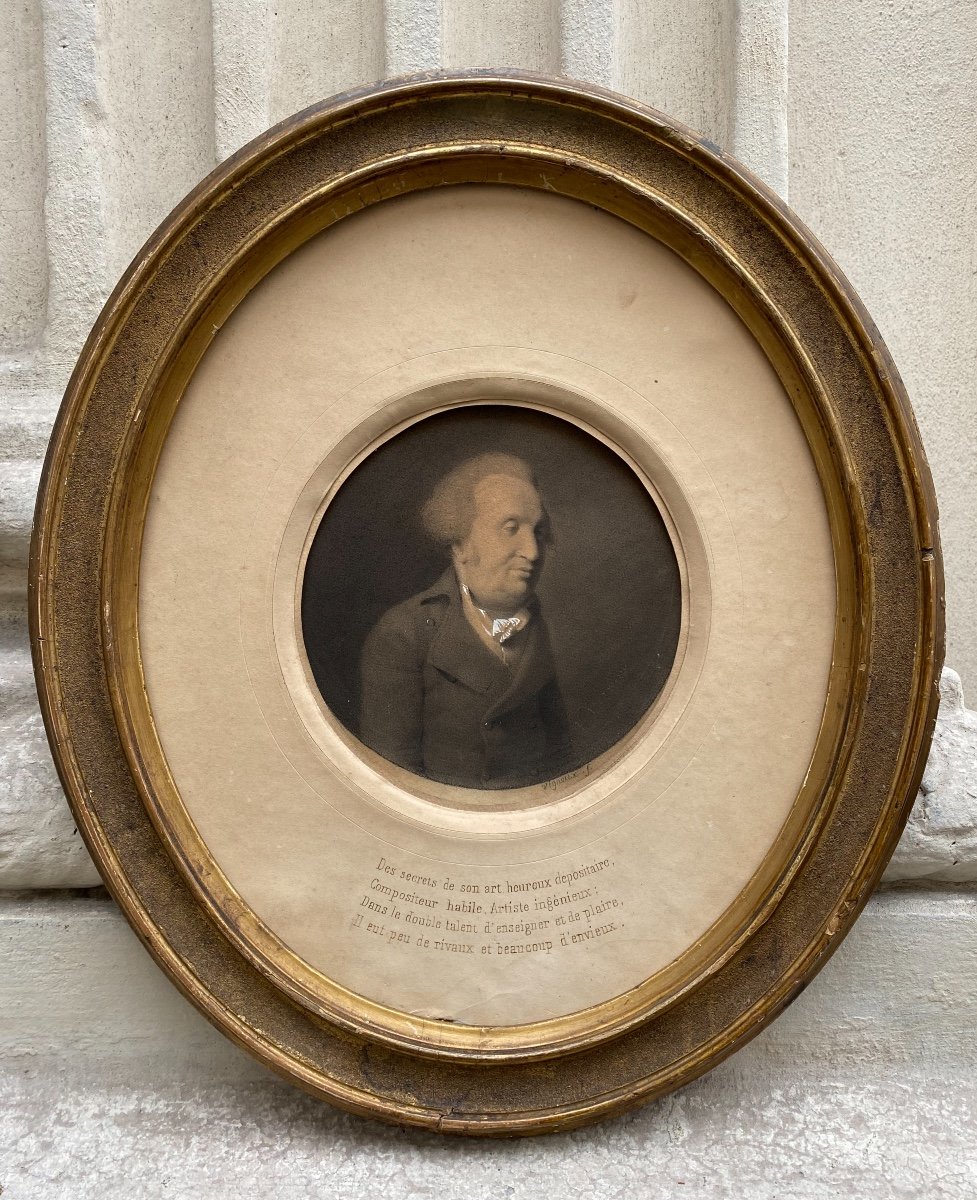
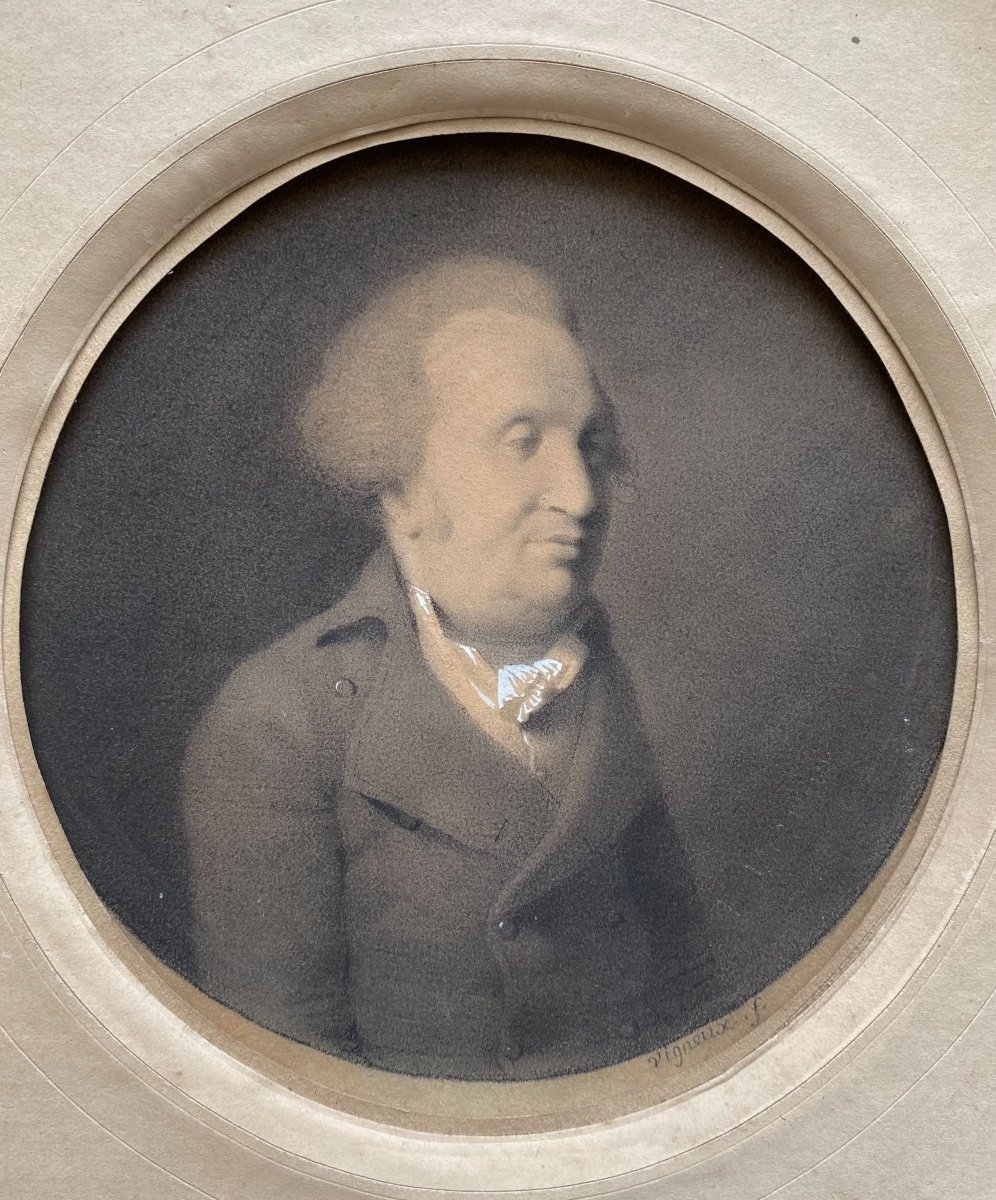
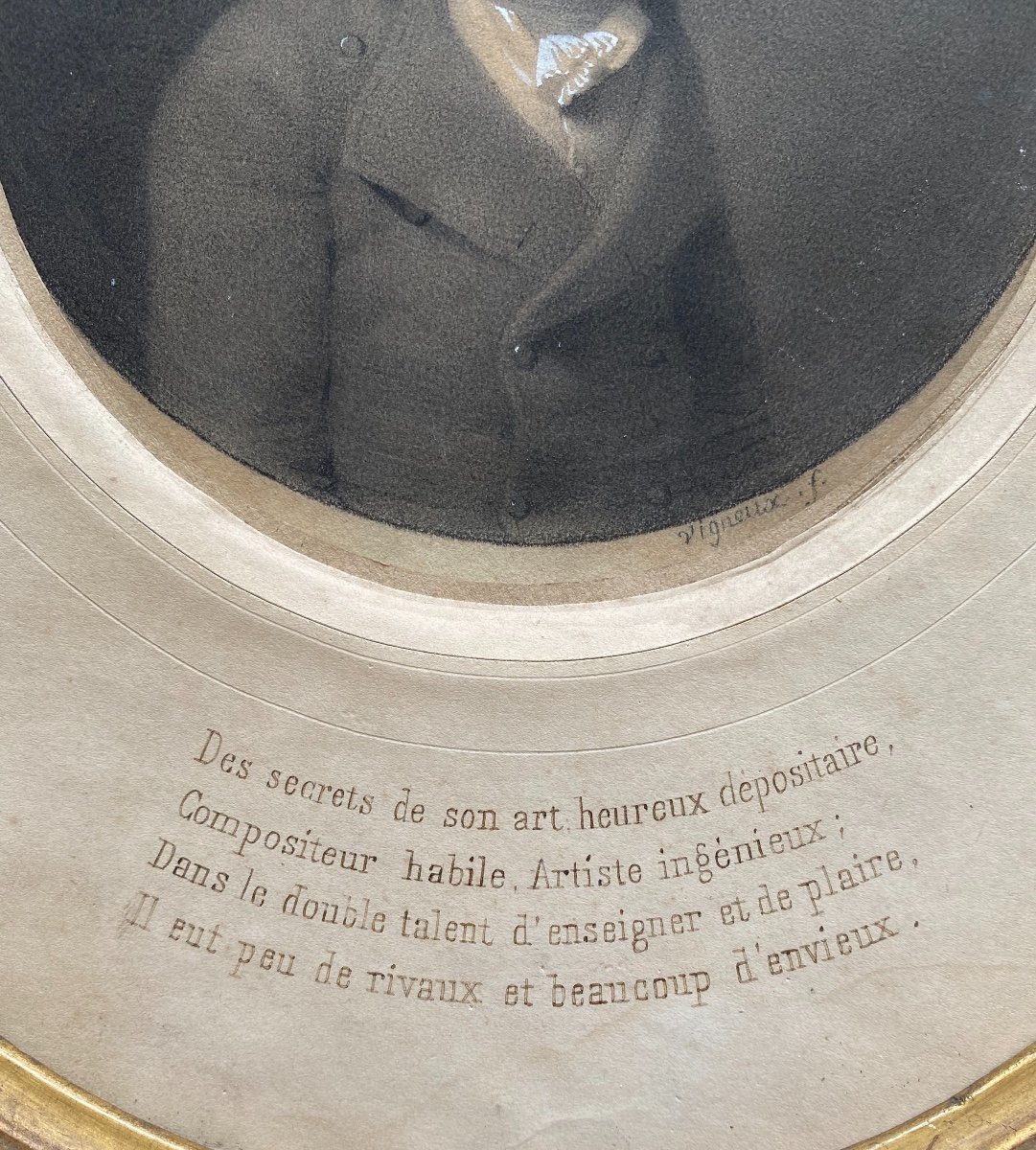

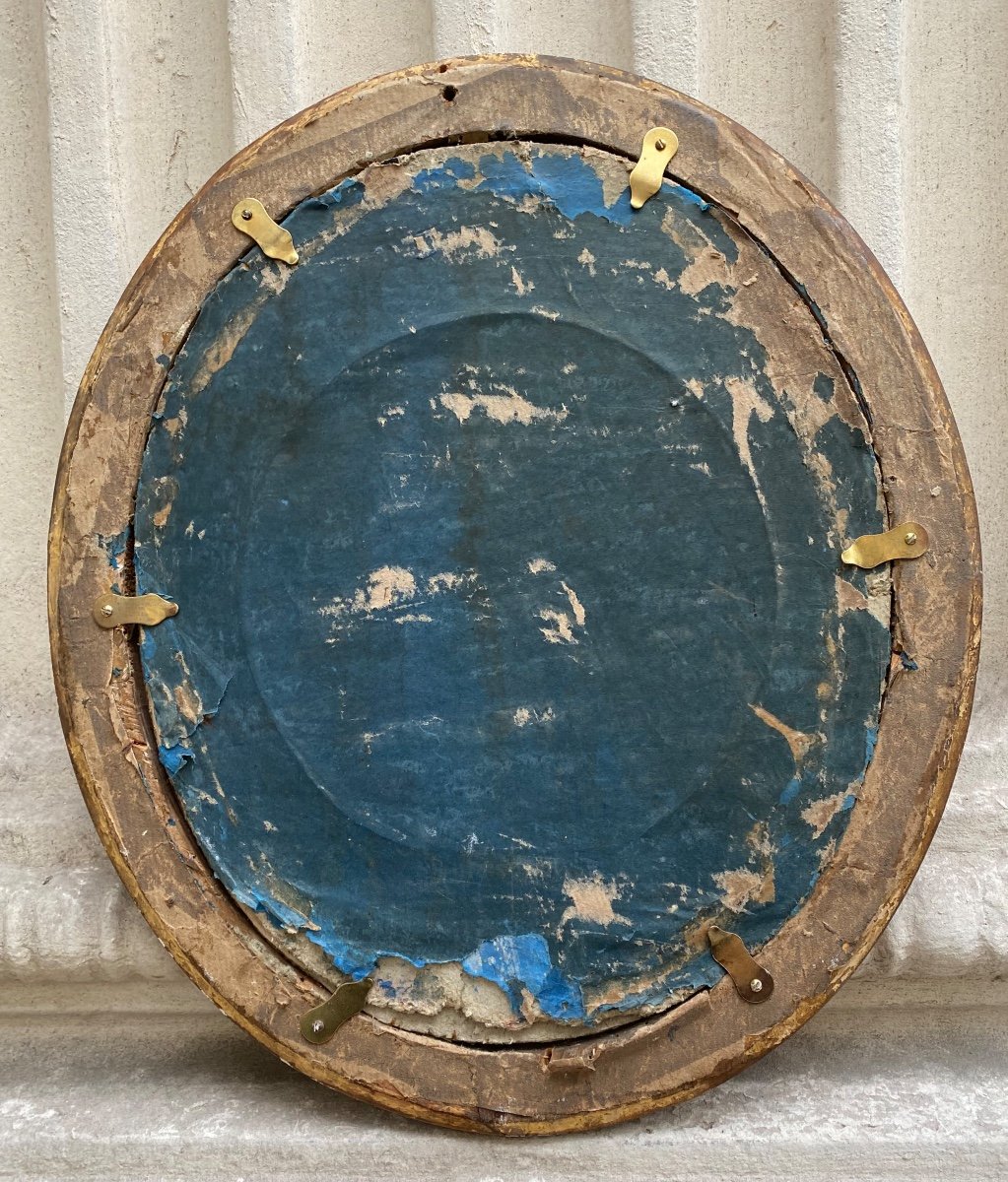








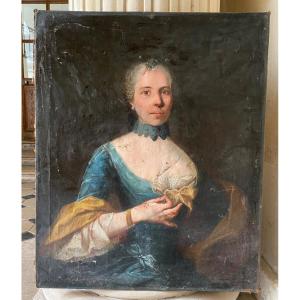

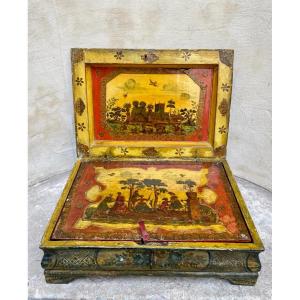

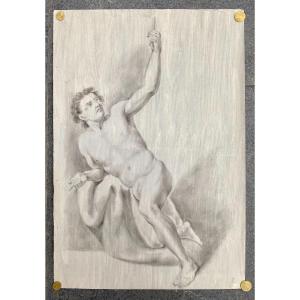
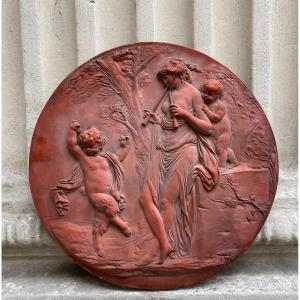

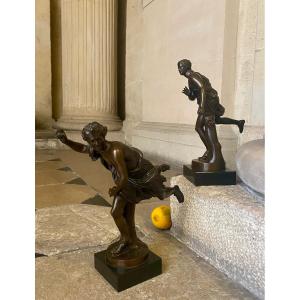
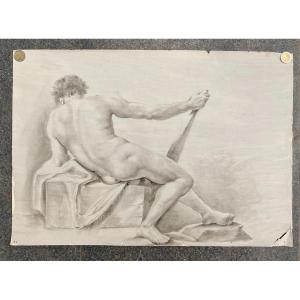
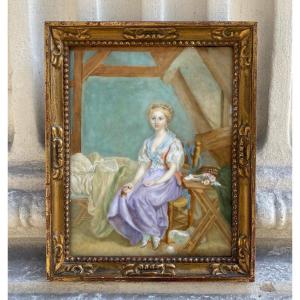
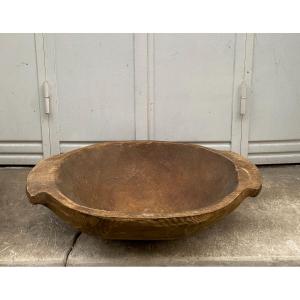
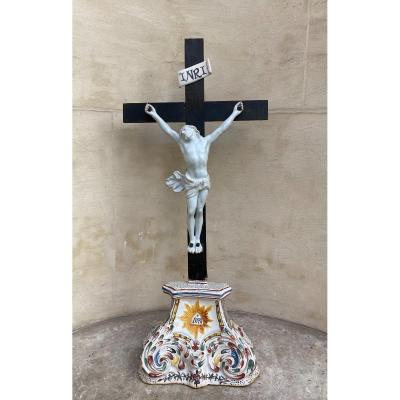
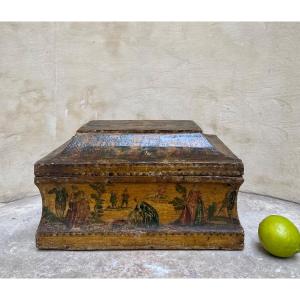

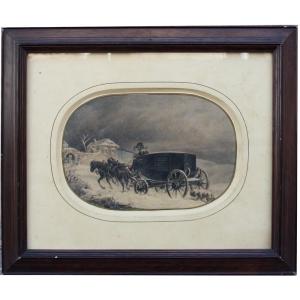

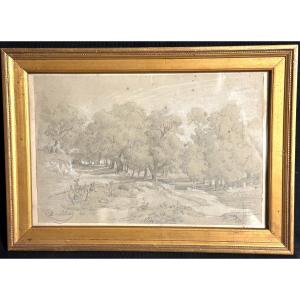
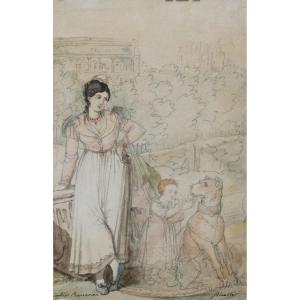




 Le Magazine
Le Magazine Rivista Artiquariato
Rivista Artiquariato TRÉSORS magazine
TRÉSORS magazine